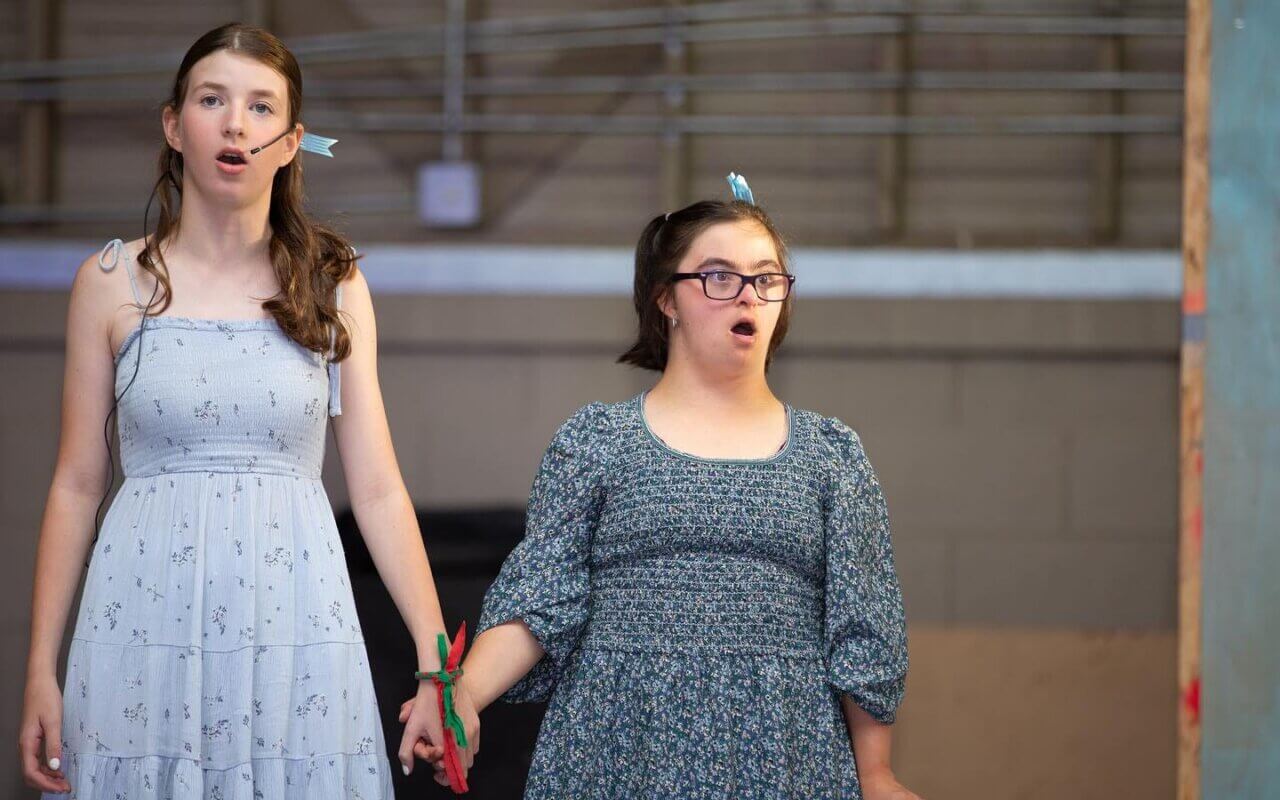Original Article On The Jewish Disability Inclusion News
Every time I visit a Jewish summer camp which includes campers with disabilities (many do and they do it seamlessly!), I feel obligated to offer the staff a history lesson. Once upon a time, it wasn’t a given that children with disabilities would be welcomed to participate in Jewish camping. In fact, inclusion of campers with disabilities happened because of the determination of two special education teachers from Long Island, New York in the late 1960s!
Herb and Barbara Greenberg, two special education teachers from Long Island, NY, wondered why children with disabilities were not able to participate in Jewish overnight camps. As the Greenbergs recount, people worried that “normal” campers would leave Ramah, the level of Hebrew—and the camps finances—would decline, and the overall structure of camp would suffer. Luckily, one director, Danny Adelman z’l, realized that including people with disabilities was very much in line with Ramah and Judaism’s values. The Tikvah Program was born in 1970 at Camp Ramah in Glen Spey, NY and soon moved to Camp Ramah in New England in Palmer, MA.
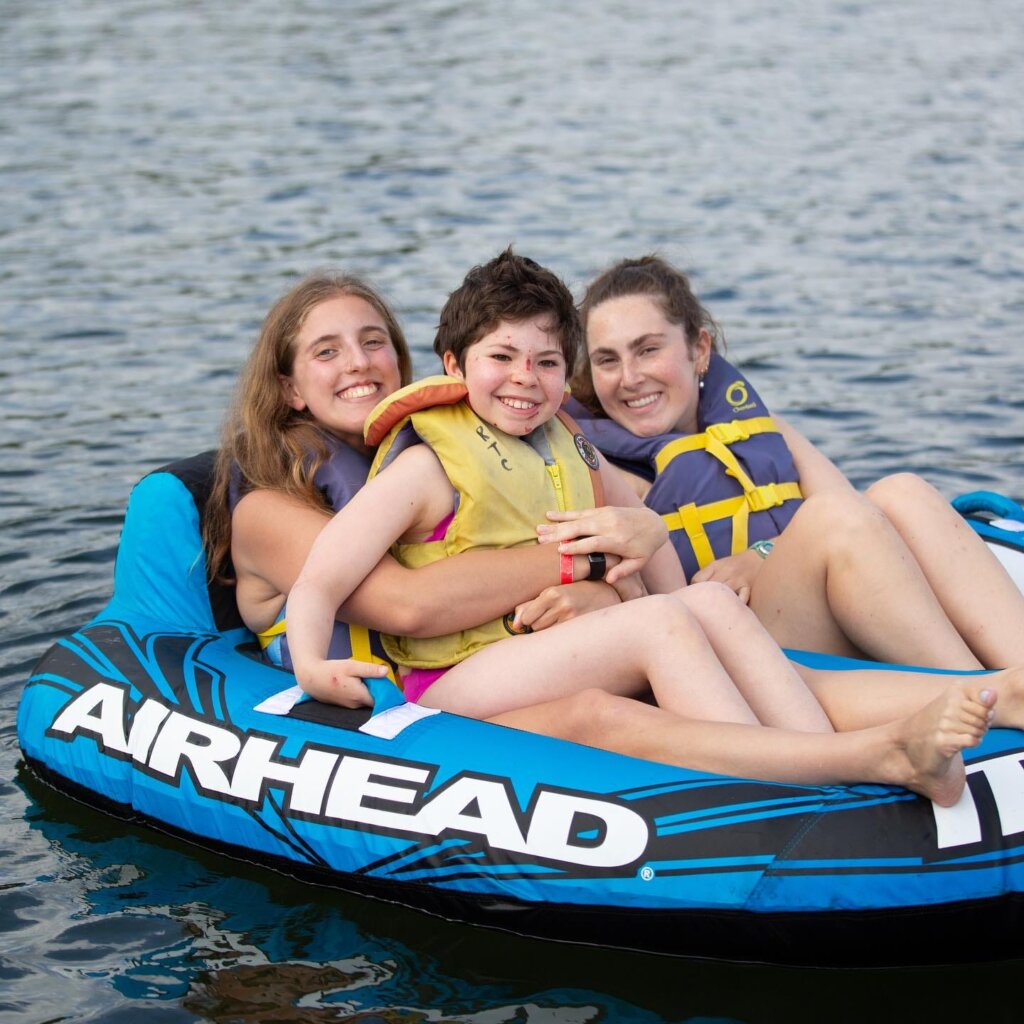
At the Taste of Tikvah program at Ramah Canada
I was lucky enough to begin my tenure with Tikvah and the Greenbergs in 1984. I have essentially never left. After decades working as a counselor, Rosh Edah and Tikvah director at Ramah New England, I have been privileged to direct our National Ramah Tikvah Network. In that capacity, I convene our Tikvah directors to share best practices and support each other. I also visit many camps (Ramah and sometimes-non Ramah campers) each summer to see inclusion in action.
The Ramah camping movement and nearly every Jewish summer camp–including movement camps, JCC camps, day camps and overnight camps– have all seen the benefits to everyone of including people with disabilities. Of course there are also challenges including staffing, costs, staff training, challenging behaviors, physical accommodations and more.
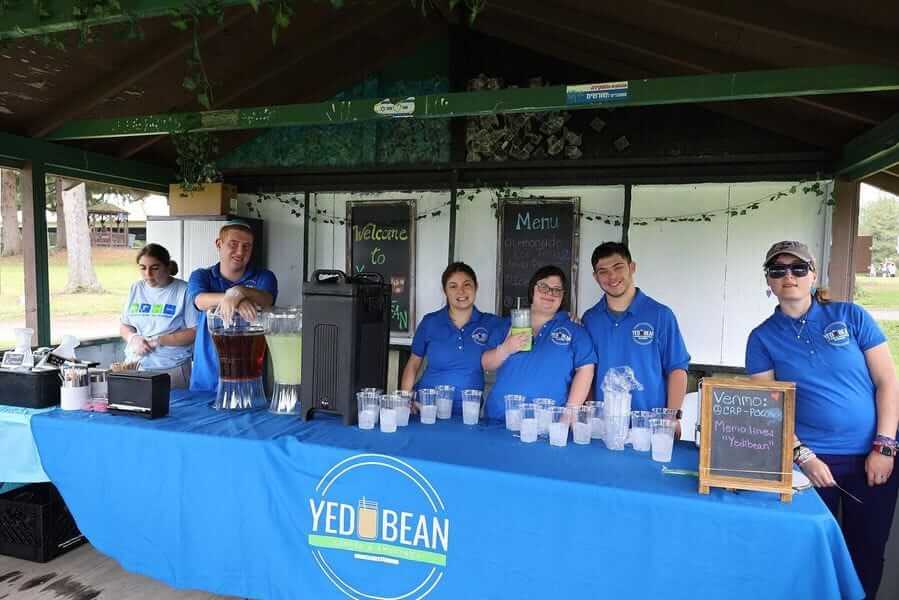
‘Yedibean’ coffee shop in action at Ramah Poconos
But inclusion of people with disabilities continues to grow and evolve. I am proud of our own Ramah movement where each of our 10 overnight camps and 5 day camps in the US and Canada support campers with a range of support needs. We provide a range of options from full in bunk inclusion to support in separate Tikvah bunks. Regardless of dorm options, campers in disabilities support programs spend significant parts of the day with peers in other divisions. Campers perform in plays together, visit such places as Six Flags amusement park together, pray together and interact in various activities, at meals, on ballfields and along the walkways of camp.
Graduates of camping programs often participate in vocational training programs where they work in camp and sometimes in the local community. They work in food services, mail and package sorting and delivery; they work in childcare, in the guesthouse, snack bar, at the coffee shop and in such local businesses as grocery stores, pharmacies and coffee shops. Some return as salaried staff members where they often remain part of the camp community for many years.
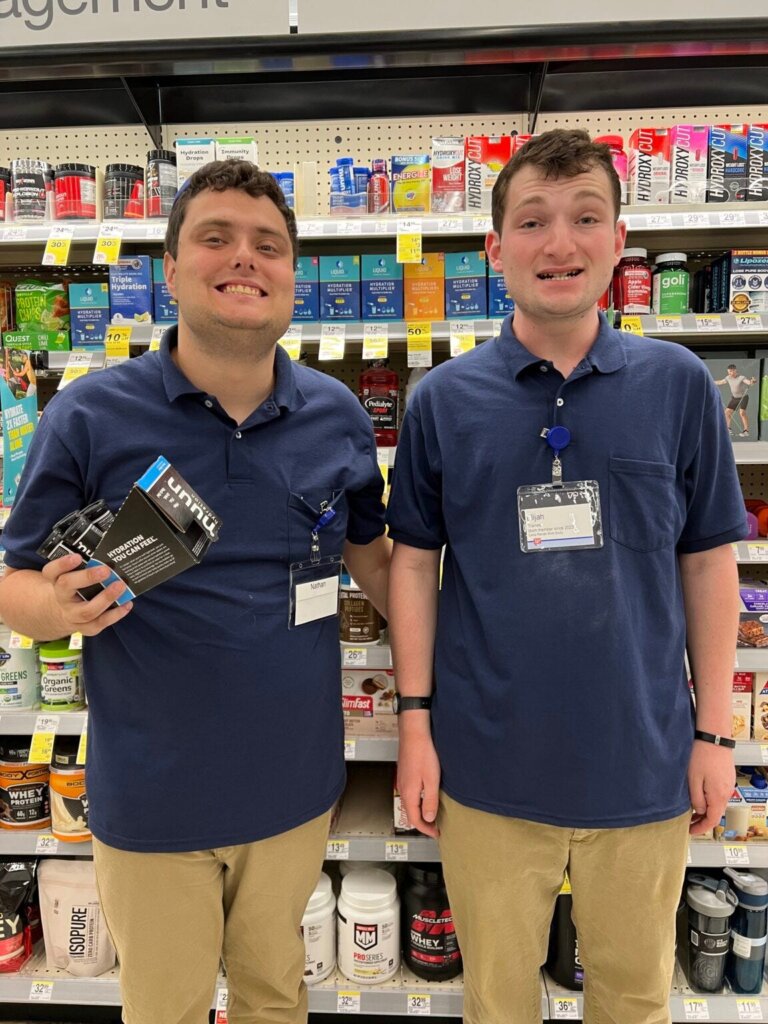
Participants in the ‘atzmayim’ program at work at Trigg’s grocery story in Eagle River, Wisconsin
We have learned the importance of recognizing that disabilities inclusion camping and vocational training is not “one size fits all.” They require honest conversations with participants and families, and a realistic assessment of what can be provided. They also require a “can do” attitude and flexibility.
We at Ramah are proud of how many people with and without disabilities over these 73 years have benefitted through the inclusion of people with disabilities!
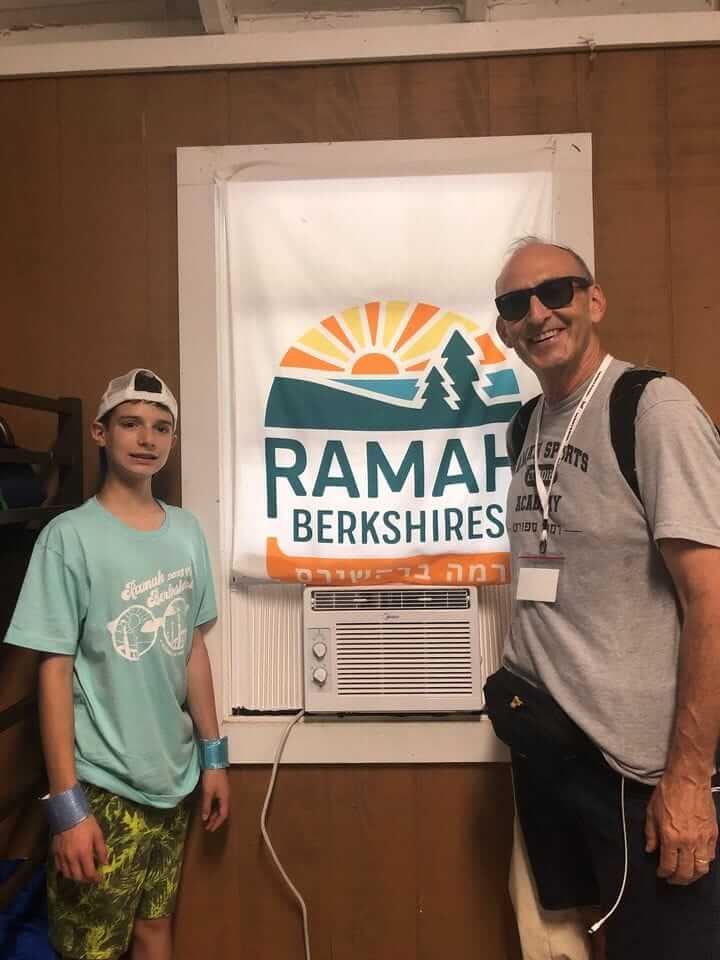
National Ramah Tikvah network director Howard Blas, visits newest Tikvah program at Ramah Berkshires.
